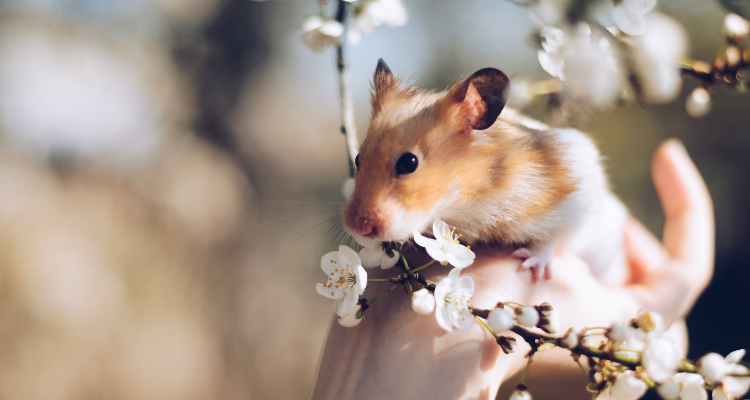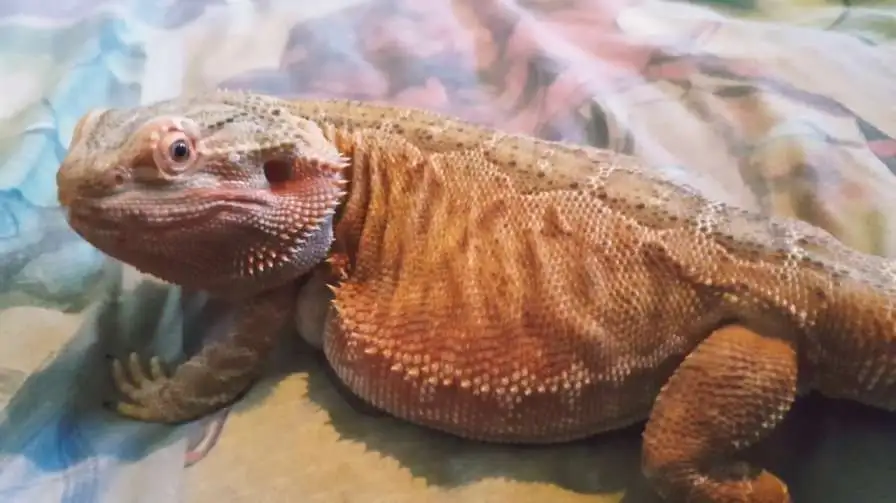
Choosing a small pet for your home is indeed a wonderful decision. Small pets substantially include Rabbits, Rodents, Hamsters, and Guinea Pigs that offer affection, entertainment, and compassion. Whether you are a first-time pet owner or an experienced unprepossessing enthusiast, you need to find the platonic small pet companion that suits your lifestyle. Also, each species comes with its own unique needs, personalities, and superintendency requirements, which should be taken into account.
In this ultimate guide, we will help you navigate the process of selecting the right small pet to match your lifestyle and preferences. So let us get started:
1) Assess Your Lifestyle
The first step in choosing the right small pet is to assess your lifestyle. Consider factors like your daily routine, living space, family dynamics, and personal preferences. Are you a rented professional with limited self-ruling time, or do you have a flexible schedule? Do you live in an suite or a house with a yard? Do you have young children or other pets? Answering these questions will narrow lanugo your options and make it easier to find a uniform small pet.
2) Understanding Your Commitment
Every small pet comes with a varying stratum of transferral in terms of time, effort, and financial resources. For instance, a pet like a Hamster requires less sustentation and space, making them suitable for rented individuals or those with limited living space. Others, such as Rabbits and Guinea Pigs, demand increasingly interaction and space. Be honest with yourself well-nigh the level of transferral you can provide to ensure the wellbeing of your future pet.
3) Consider Your Allergies
It’s essential to consider any allergies you or your family members may have. While small pets are often hypo-allergenic compared to cats or dogs, some people may still be sensitive to pet dander. Research which small pet species are less likely to trigger allergies and make a well-thought decision.
4) Research Small Pet Species
Next, research the various small pet species available, which include Rabbits, Rodents, Guinea Pigs, Mice, and more. Learn well-nigh their characteristics, behaviours, and superintendency requirements. Also, consider factors like Size, Lifespan Temperament, etc. For example, if you are looking for an self-sustaining pet, hamsters may be a suitable choice. If you are looking for a sociable companion, Guinea Pigs would be the weightier pick.
5) Space and Housing
Evaluate the space you have misogynist for your small pet’s habitat. Different species have varying space requirements. Hamsters can thrive in a package, while Rabbits and Guinea Pigs need increasingly spacious enclosures with zaftig room to roam. Ensure you have unbearable space to provide a well-appointed and enriching environment for your chosen pet.
6) Time for Interaction
Consider how much time you can devote to interacting with your small pet. Some animals are increasingly self-sustaining and require minimal handling, while others thrive on social interaction. If you have plenty of time to spend with your pet, a sociable species like Guinea Pigs may be a unconfined choice. Conversely, if your schedule is hectic, a increasingly self-reliant pet like a hamster would be a largest fit.
7) Budget For Care
Small pets come with associated costs, including food, bedding, toys, and veterinary care. Research and estimate the monthly expenses required to superintendency for your chosen pet. Some species may have increasingly budget-friendly superintendency requirements than others. Be sure to factor in these financing when making your decision.
8) Lifespan
Consider the lifespan of the small pet you’re interested in. Some, like Hamsters, have a relatively short lifespan of 2-3 years, while others, like Rabbits and Guinea Pigs, can live for 5-10 years or more. Think well-nigh the long-term transferral and be prepared for the responsibilities that come with it.




